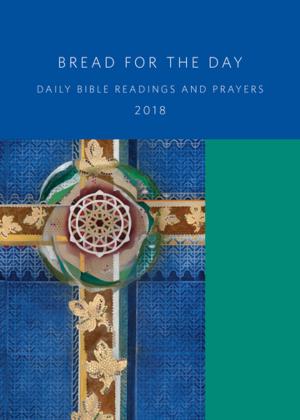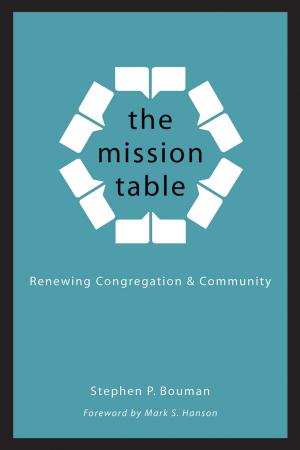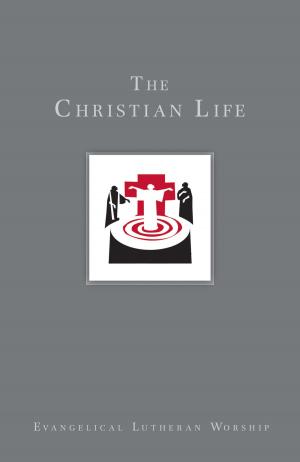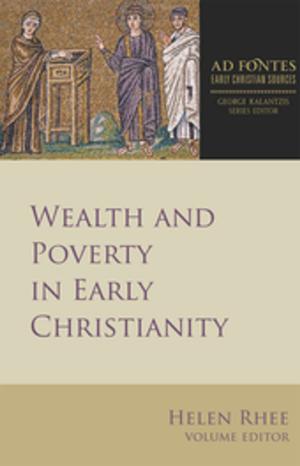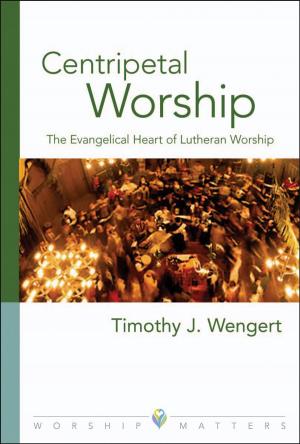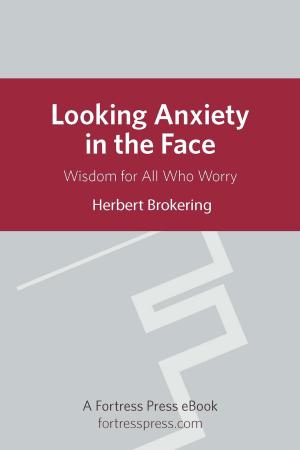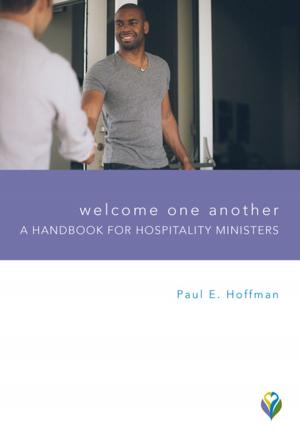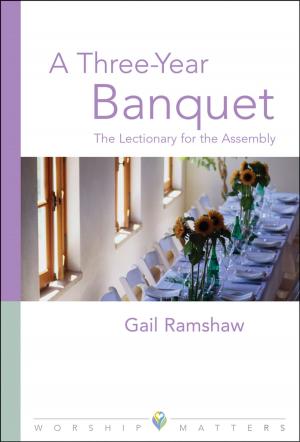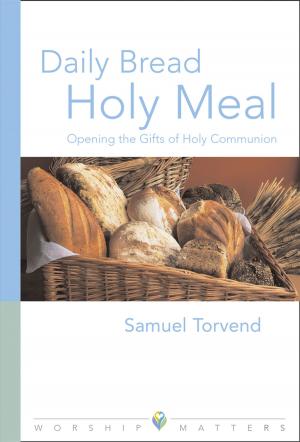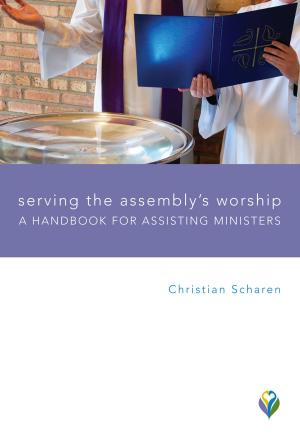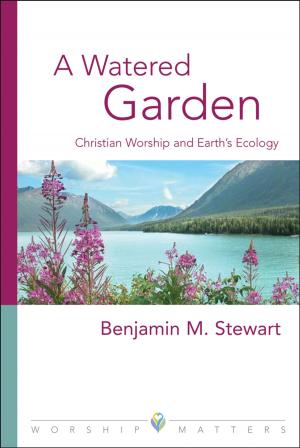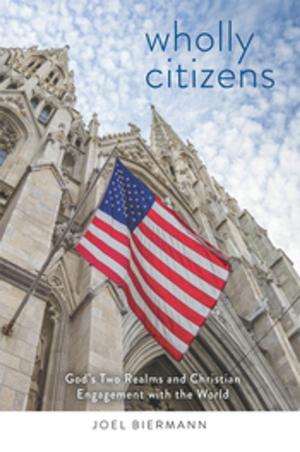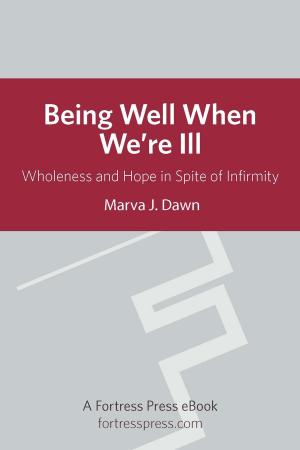Double Particularity
Karl Barth, Contextuality, and Asian American Theology
Nonfiction, Religion & Spirituality, Theology, Christianity| Author: | Daniel D. Lee | ISBN: | 9781506418537 |
| Publisher: | Augsburg Fortress | Publication: | May 1, 2017 |
| Imprint: | Augsburg Fortress | Language: | English |
| Author: | Daniel D. Lee |
| ISBN: | 9781506418537 |
| Publisher: | Augsburg Fortress |
| Publication: | May 1, 2017 |
| Imprint: | Augsburg Fortress |
| Language: | English |
Double Particularity is a constructive proposal for theological methodology addressing the Asian American context using the theology of Karl Barth. It focuses primarily on employing Barth's theology to develop a methodology for engaging the Asian American context. This methodological focus means that it is an integrative and synthetic work, bringing seemingly disparate thoughts and concepts together. Here, the Asian American context serves as an important case study.
With the center of worldwide Christianity moving to the global South, and even as American Christianity becomes more reflective of immigrant populations, the theological need for a deeper engagement with context is more urgent than ever. Karl Barth, particularly his thought on election, Christology, and reconciliation, offers much wisdom and insight for the churches of the majority world and for these ethnic churches, even though he is often seen as just a figure in the Western historical tradition. Hence, this study is a contribution to the development of a connection between Barth and contextual theology, to the stimulation and enrichment of both.
Double Particularity is a constructive proposal for theological methodology addressing the Asian American context using the theology of Karl Barth. It focuses primarily on employing Barth's theology to develop a methodology for engaging the Asian American context. This methodological focus means that it is an integrative and synthetic work, bringing seemingly disparate thoughts and concepts together. Here, the Asian American context serves as an important case study.
With the center of worldwide Christianity moving to the global South, and even as American Christianity becomes more reflective of immigrant populations, the theological need for a deeper engagement with context is more urgent than ever. Karl Barth, particularly his thought on election, Christology, and reconciliation, offers much wisdom and insight for the churches of the majority world and for these ethnic churches, even though he is often seen as just a figure in the Western historical tradition. Hence, this study is a contribution to the development of a connection between Barth and contextual theology, to the stimulation and enrichment of both.

